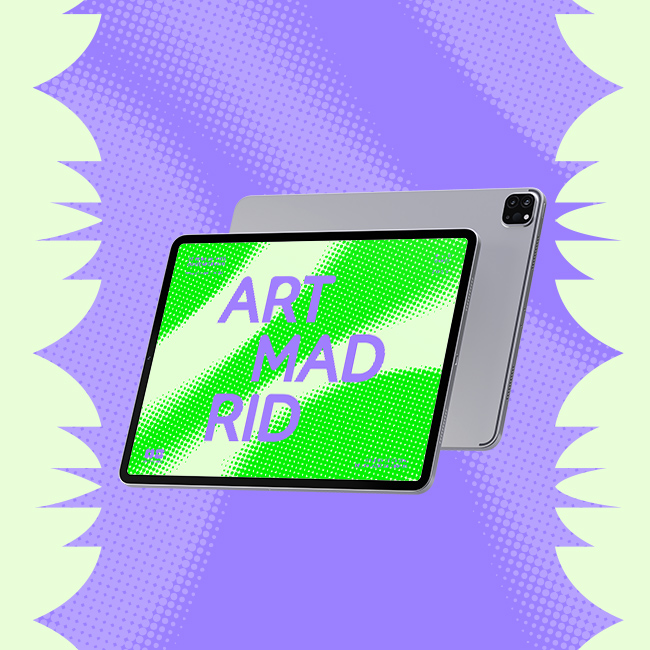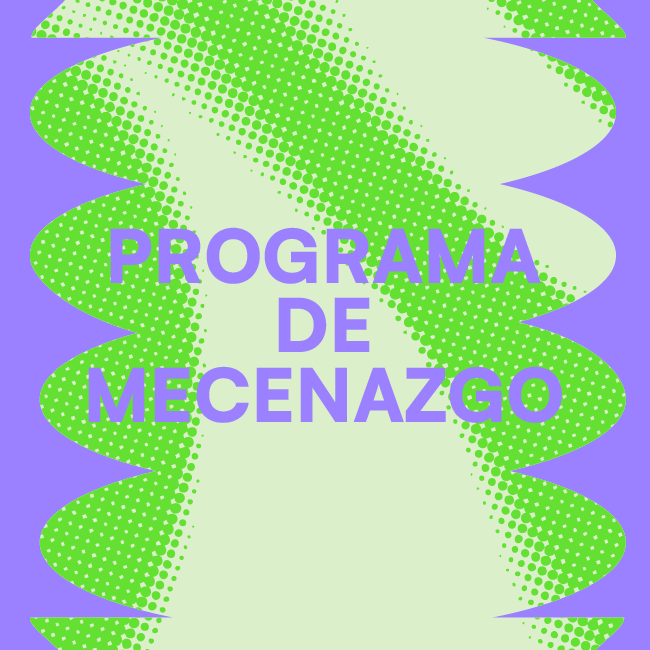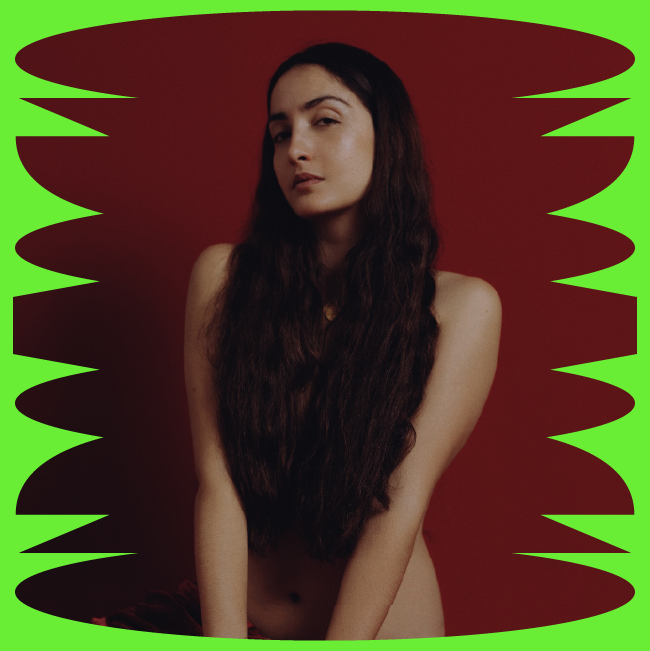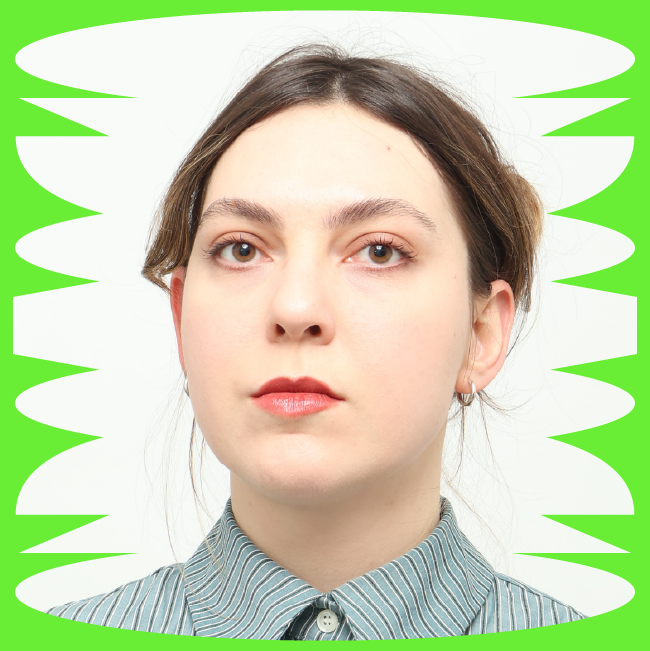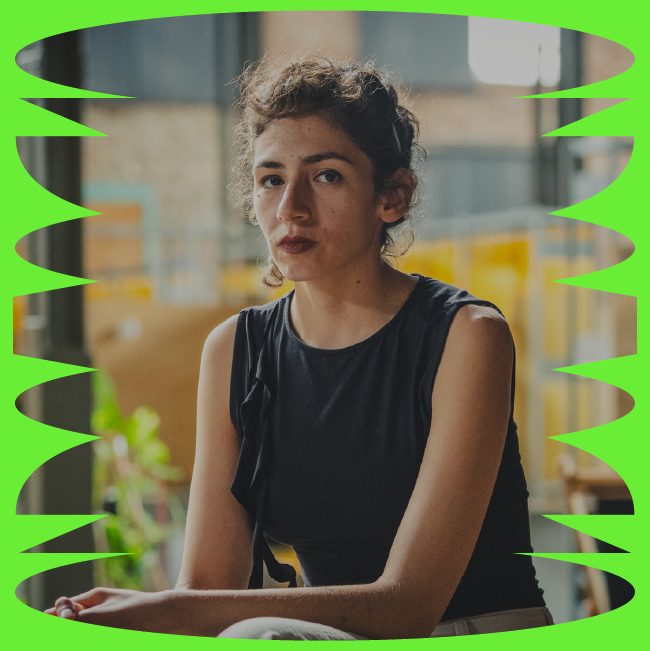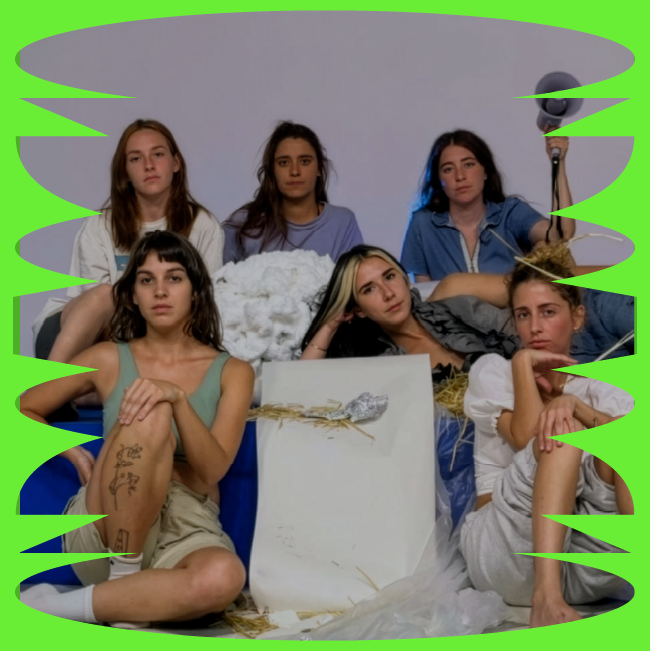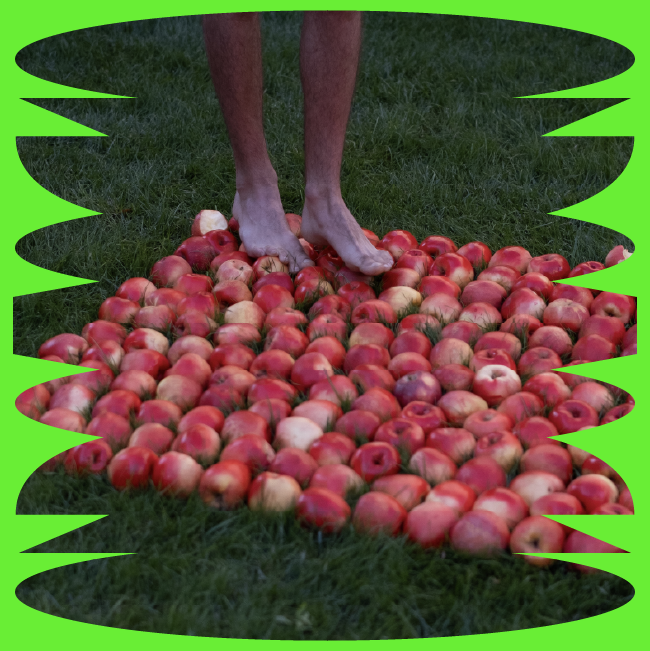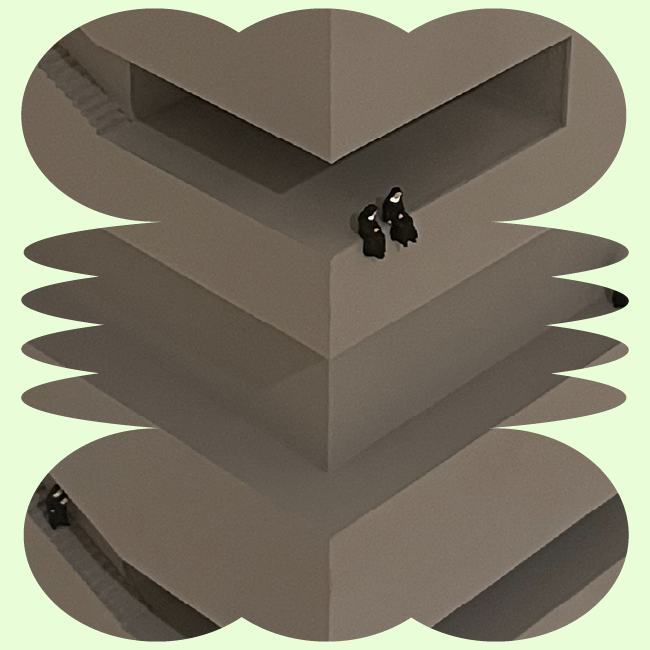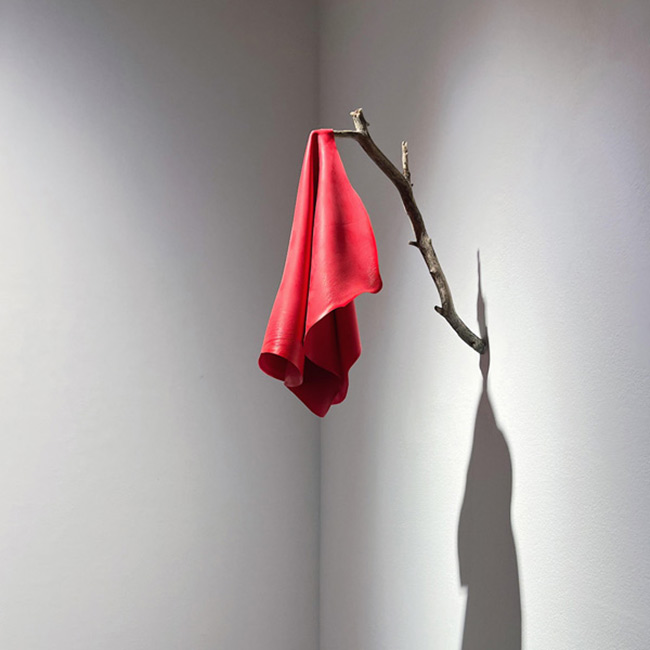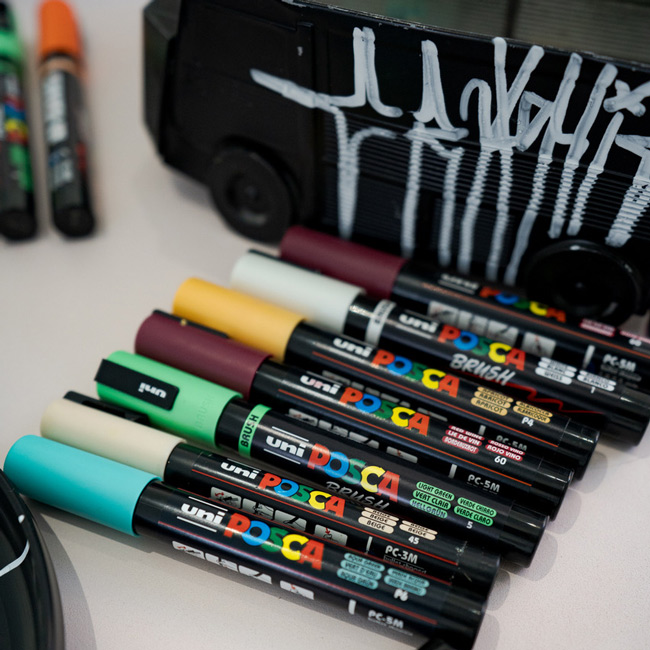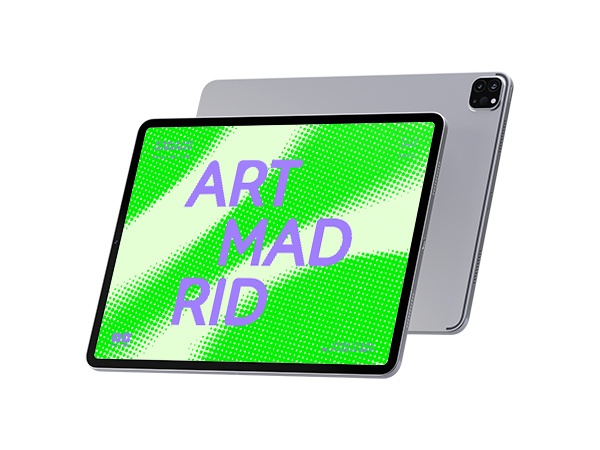NEREA UBIETO, CURATOR OF ONE PROJECT ART MADRID'19
Jun 23, 2018
art madrid
"It is essential that artist and curator walk hand in hand, it’s the most exciting part of this work."
The curator and independent art critic Nerea Ubieto takes over from the ONE PROJECT Program of Art Madrid'19. Fresh air and a personal and philosophical narrative to enrich this "showcase of young talents".
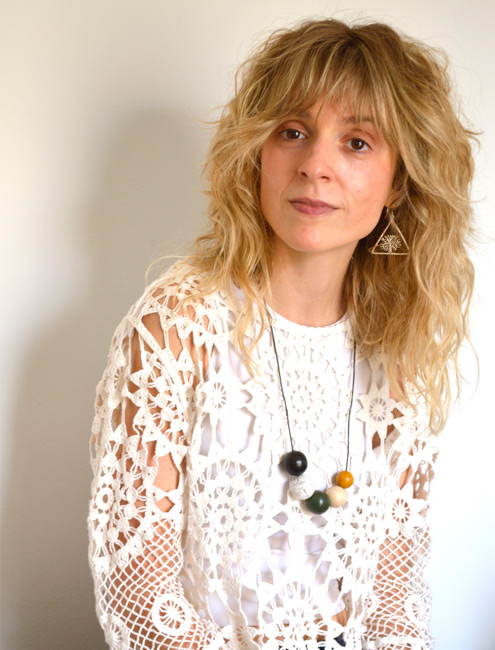
For those who don’t know yet what an art curator does and what its role is, could you tell us in your words what you do and what is the function of a curator?
A curator is a connector of aesthetic ideas, a mediator in the broadest and most positive sense of the word: he establishes links between artists and the public, the artwork and space, between the pieces that are part of an exhibition, between the discourse of the artists and other possible speeches... I used to like the definition of the curator as an "ideologist of an exhibition" because it emphasises the reflexive question as opposed to the purely practical, something like a visual philosopher. However, nowadays I find it a bit pretentious and short. The discourse is necessarily forged from the conversations and the exchange with the female artists, therefore, they also "think" the exhibition. It is essential that artist and curator walk hand in hand, it’s the most exciting part of this work. On the other hand, the exhibition is not the only format to channel these artistic connections; there are other ways, visible and invisible. I believe that, currently, reinventing these formats and strategies is a primary task. We have to rethink our function a lot, broaden horizons of action, mix and open ourselves in collaborative ways.
Thinking about the public that visits an art fair or an exhibition… what does this curated perspective provide?
Reaching an audience - of all kinds - is very important the way I understand the curatorial practice. I want to believe that the curated perspective has a lot to offer, first of all, a new look regarding the relationships that may occur between the proposed works. This vision facilitates - but does not make it easy - that the spectator establishes its own interconnections. The curatorial context, extensive reading and, why not, generates an attractive speech that can serve as a hook for an audience that otherwise would not have approached certain speeches. In my opinion, the curated perspective should bring the viewer closer. I try not to lose sight of this and imagine what my parents would think when they come to the exhibition.
“A curator is a connector of aesthetic ideas, a mediator in the broadest and most positive sense of the word: he establishes links between artists and the public, the artwork and space, between the pieces that are part of an exhibition, between the discourse of the artists and other possible speeches”.
The "discourse" is the great contemporary theme... Do you have a discursive fetish? What topics interest you?
I'm not usually closed to anything because, even the topics that interest me less at the beginning, pose a challenge and involve unforeseen learning, but yes, I have preferences... In my projects, I usually work with philosophical bias, especially the personal identity understood in a broad way, from the recesses of nineteenth-century interiority to digital exteriority. Problems around feminism, queer, expanded corporalities, sensory experience, new materialisms, phenomenology... it's very difficult to define, I am passionate about many subjects!
It must be complicated to get a reflexive pause before a work in these days of continuous news, haste and oversaturation of images ... How do you do it /try it?
Yes, it’s tremendously difficult, even more if you have a mind that doesn’t rest... I get it by forcing me to stop, specifically through yoga, practice to which I try to dedicate a time every day.
What is the role of fairs on the stage of contemporary art?
Serve as a showcase, take the pulse of current art, promote the work of artists and, of course, sell it!
“In my projects, I usually work with philosophical bias, especially the personal identity understood in a broad way, from the recesses of nineteenth-century interiority to digital exteriority”.
How do you approach your incorporation to the Art Madrid team? What will you contribute to your program with?
With excitement, but also as a challenge. Curating within a fair is complicated because of undergoing factors that are beyond my control and go beyond the curatorial work: the commercial part, the competition between the fairs, prejudices, fears... I’m aware that dealing with all this is tricky.
I will contribute giving the best of me, presenting interesting proposals and betting on a project 100% female artists. The goal is to radically balance a percentage that has never been on our side. Also, I think the selection is going to happen naturally since the vast majority of artists I've worked with this year are women.
How do you understand the ONE PROJECT Program and how do you value the work of Carlos Delgado Mayordomo, the curator that you relieve?
I understand it as a necessary window and an opportunity for artists who are emerging and need a push. Beyond the possible sales and the visibility that a fair brings, being part of a curated program is a plus for the artist since it means going hand in hand with someone who believes and bets for her work. Also, my intention is to work with these artists outside the fair. With regard to Carlos, I can only assess in positive: I admire his curatorial work in general and the work he has done with the One Project during these 5 years, despite the difficulty. I hope to be up to the task.
BIO NEREA UBIETO:
Zaragoza, 1984. Graduated in Art History from the University of Zaragoza, she works as an independent curator, manager and critic in various art publications. Among her last exhibitions they stand out: "Return Flight Tickets" in the gallery Max Star (Madrid); "The invisible threat" in Sala Amadis (Madrid); "The place where I live" in Galería Ponce Robles (Madrid) or "Keep calm and carry on", inaugurated in Tabacalera Madrid and itinerant by the AECID Cultural Centers Network in Latin America. She has recently been selected in the 2017 V.O. of curator of Valencia with her project "Artfulness" that will take place during September 2018. Among the awards and grants received are: the Residence Scholarship abroad of the Community of Madrid, developed in HIAP-Helsinki International Artist Program (2016); the International Award Exhibition of the CPR (2016), or the international residency Curatorial Program of Research in Estonia and Finland (2015). She is a regular contributor to the cultural television program Metropolis. She combines her work as an independent curator with cultural management, teaching and other projects in the artistic field.

